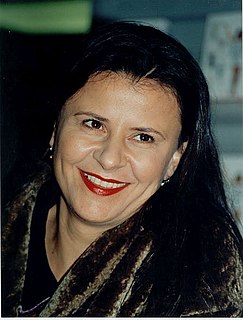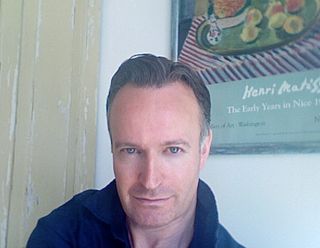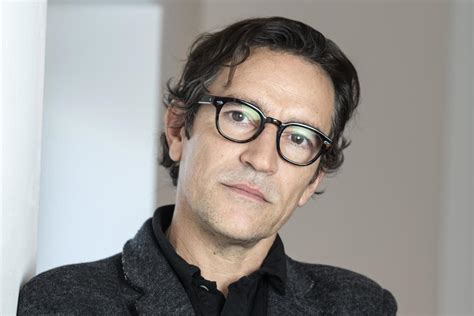A Quote by Steven Knight
I think there's a tendency in England, when you look at the past, to either have upper middle class period drama with its own rules, or if you're going to look at working class people, you have to do that in a particular 'Isn't it a shame, aren't they oppressed' way, or it's treated comically.
Related Quotes
The working class of England today have no vision of society beyond the acquisitive - no version of themselves or their habits as anything other than transitional, on their way up or on their way out. The working class, at best, is a waiting room for people who aim to become middle class if possible.
The government decides to try to increase the middle class by subsidizing things that middle class people have: If middle-class people go to college and own homes, then surely if more people go to college and own homes, we’ll have more middle-class people. But homeownership and college aren’t causes of middle-class status, they’re markers for possessing the kinds of traits — self-discipline, the ability to defer gratification, etc. — that let you enter, and stay, in the middle class. Subsidizing the markers doesn’t produce the traits; if anything, it undermines them.
I think one of the main differences between being an English actor and being an American actor is that we have things like the class system in England.I'm middle class. But I've got what some people might consider to be a working-class accent, so you've got those sorts of elements in this country to consider, which, in America, exist, but not necessarily in the same way.






































